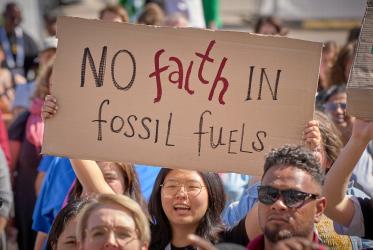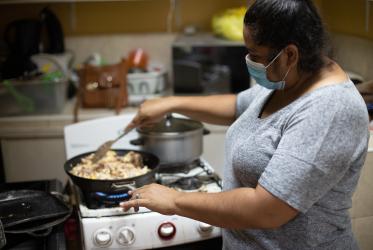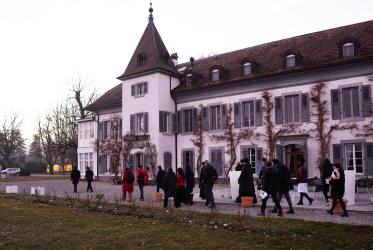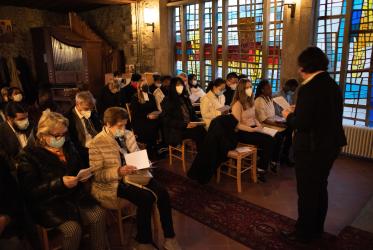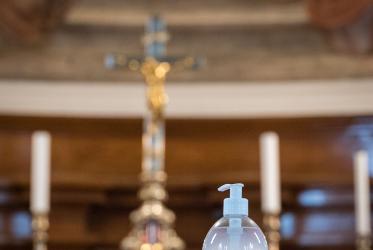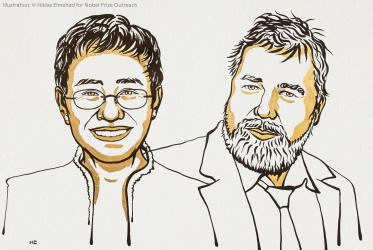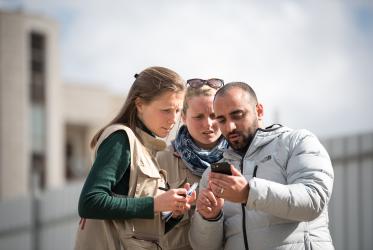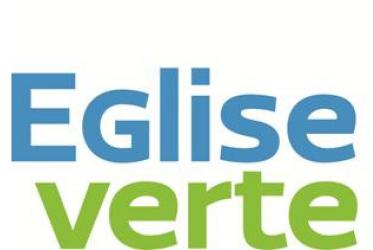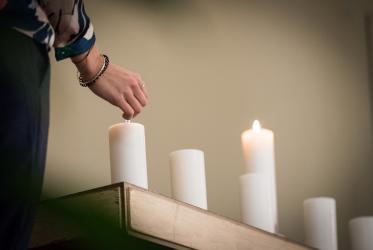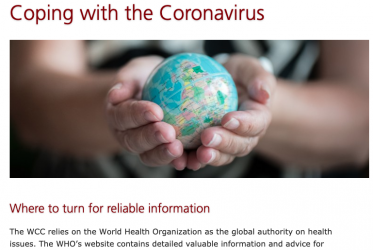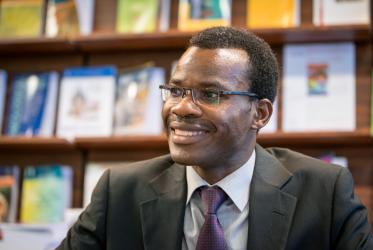Displaying 1 - 20 of 103
03 September 2022
Bossey student Carolina Zamorano reflects on study visit to Rome
02 February 2022
Applications open anew for Bossey online course in ecumenism
13 January 2022
WCC congratulates 2021 Nobel Peace Prize laureates
14 October 2021
WCC mourns passing of Hendrew Lusey-Gekawaku
23 October 2020
The essential role of crisis communication
19 March 2020
WCC webpage available on ‘Coping with the Coronavirus’
18 March 2020
Greenland’s grand Gospel preacher
07 February 2020
WCC staff appointed to WHO Civil Society Working Group on NCDs
28 November 2019
